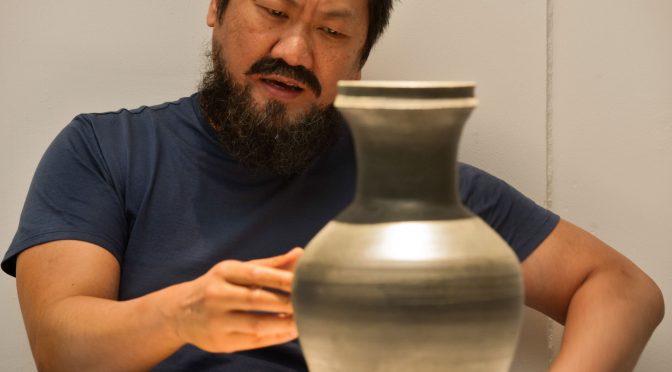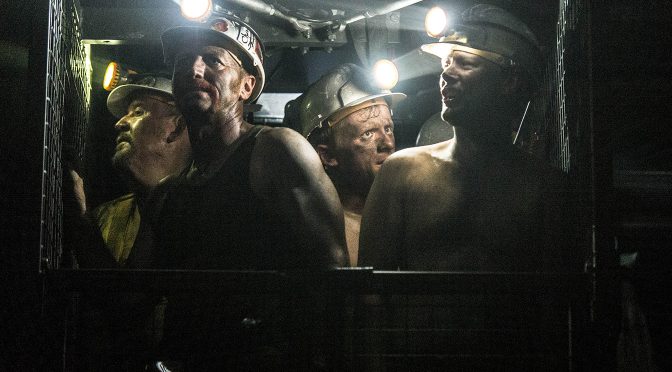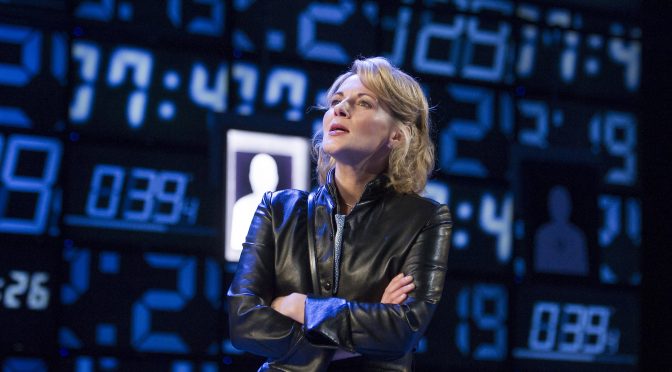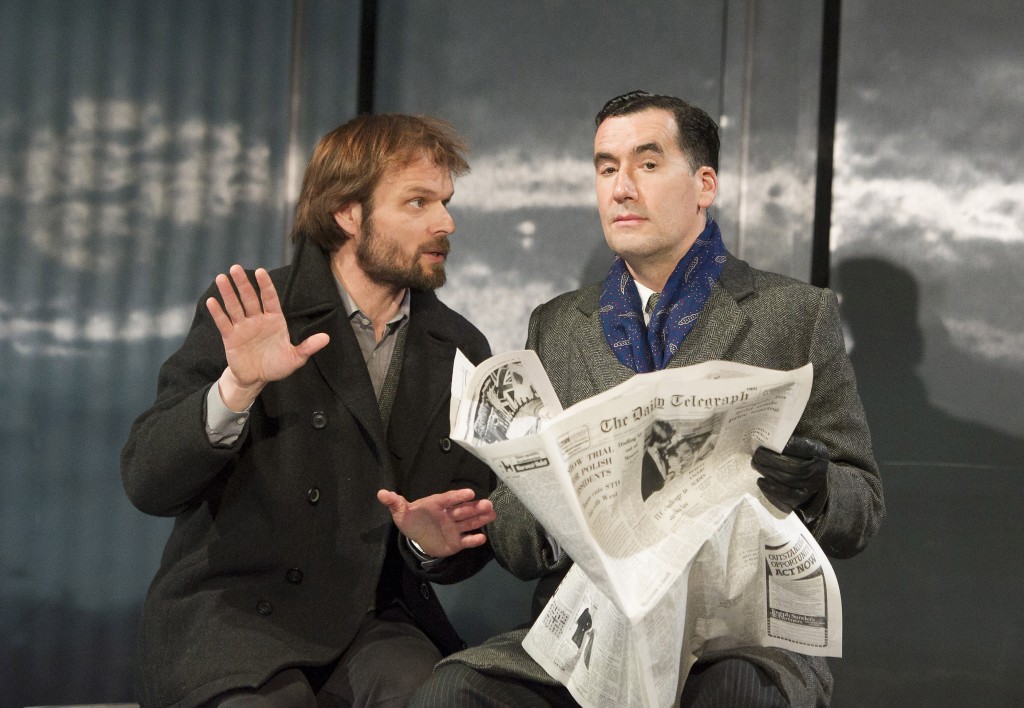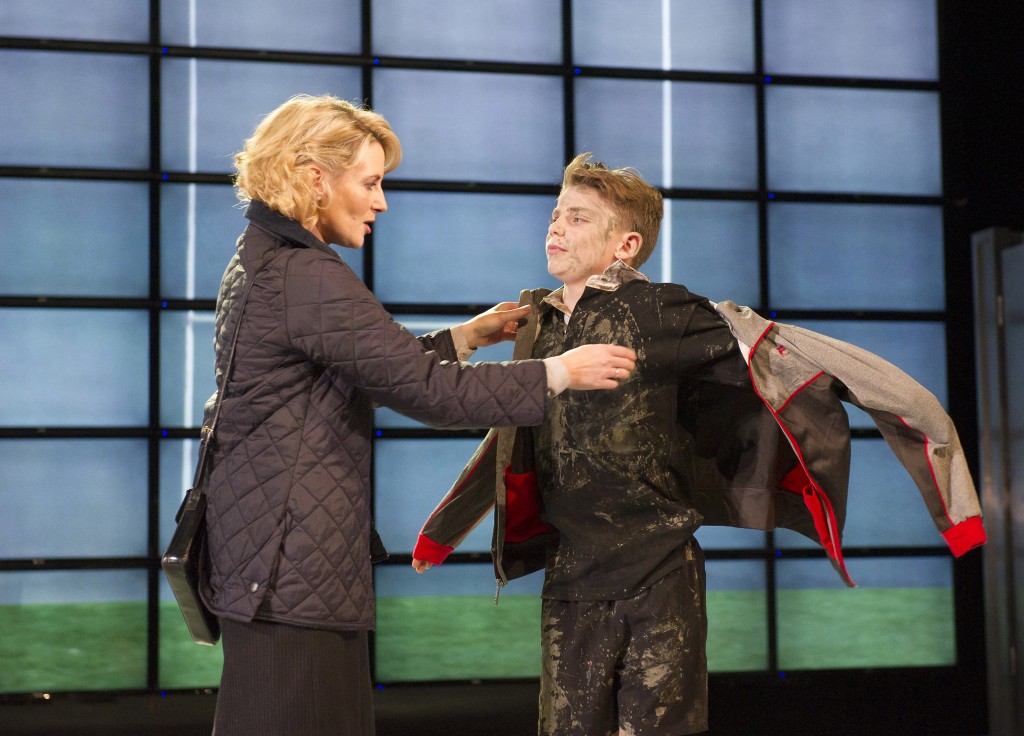This collaboration with China’s most famous contemporary artist, Ai Weiwei, marked something of coup for Hampstead Theatre back in 2013. Adapting the account in Barnaby Martin’s book, Hanging Man, playwright Howard Brenton’s clearly political and cleverly dramatic account of Weiwei’s Kafkaesque detention in 2011 is surprisingly entertaining and serves its subject admirably.
Weiwei is the star of the piece – convincingly so – and the show makes a terrific role for Benedict Wong, who conveys the artist’s magnetism perfectly, while also making him an approachable figure. Aided by Christopher Goh, Andrew Koji, Orion Lee and David Lee-Jones, as those who imprison him, his captors are given an identity and humanity, while the discussions about his art are exciting.
Director James MacDonald works hard to inject energy – this is, after all, a show about a man locked in a room. But the idea behind Ashley Martin Davis’ set – a giant packing case that might hold artwork, with accompanying supernumeraries and crew acting as unconvincing galleristas – feels unnecessary. Likewise, touches of the metatheatrical are forced: the suggestion that the imprisonment becomes the artist’s “greatest work”, not lost on those in power during a rare moment of perspicacity, is too unsubtle. And scenes that show the politicians behind events, with uncomfortably sinister roles for Junix Inocian and David Tse, are low points. These scenes are a marked contrast to the authenticity Wong and the source material bring.
The surprise comes with the humour in the piece. There are plenty of laughs at how crazed Weiwei’s interrogations were. Accused of murder, immorality, but ultimately being a “swindler”, it’s almost a shame those imprisoning him aren’t given a stronger argument… for the sake of the drama rather than Weiwei, of course. The tension of his awful imprisonment is conveyed, and Wong does very well with this. And Brenton gives the interrogations an impressive poetic touch, as repeated accusations contain a rhyme if no reason. But it’s Weiwei’s cool spirit – best reflected in that wry humour – that shows him unbroken and inspirational.
Until 3 May 2020
Photo by Stephen Cummiskey

